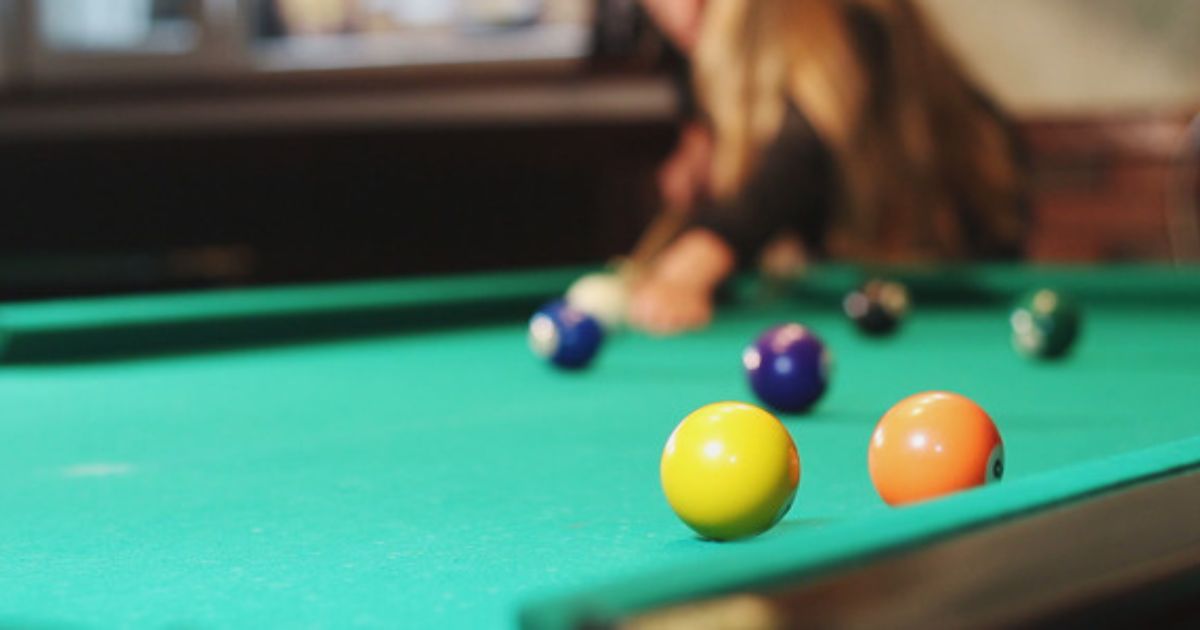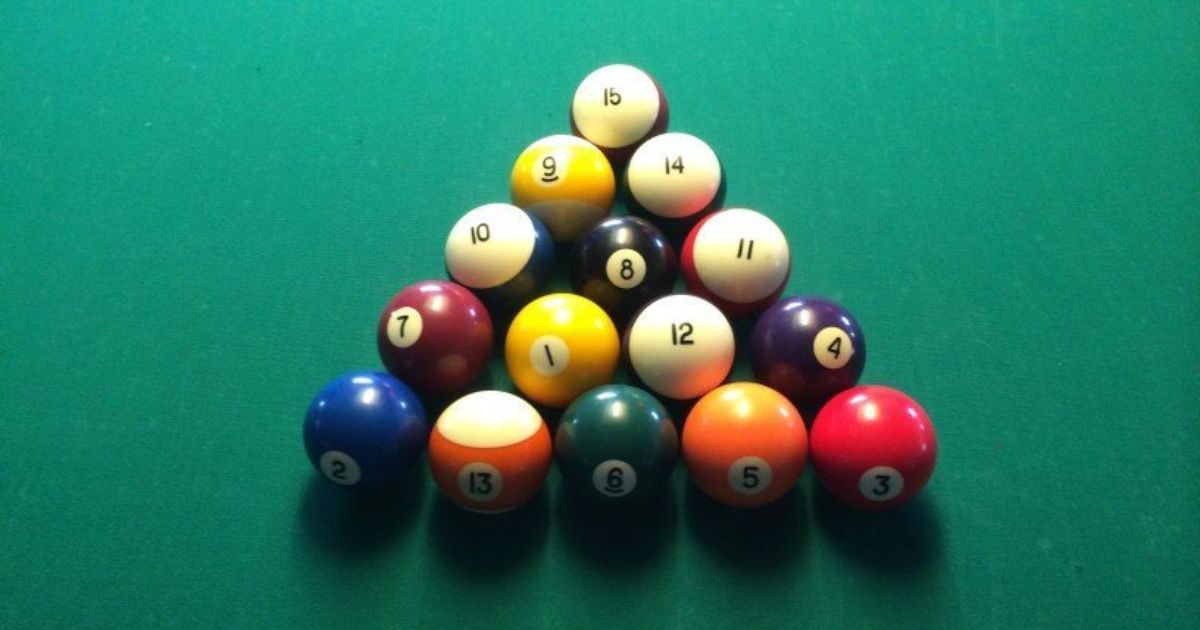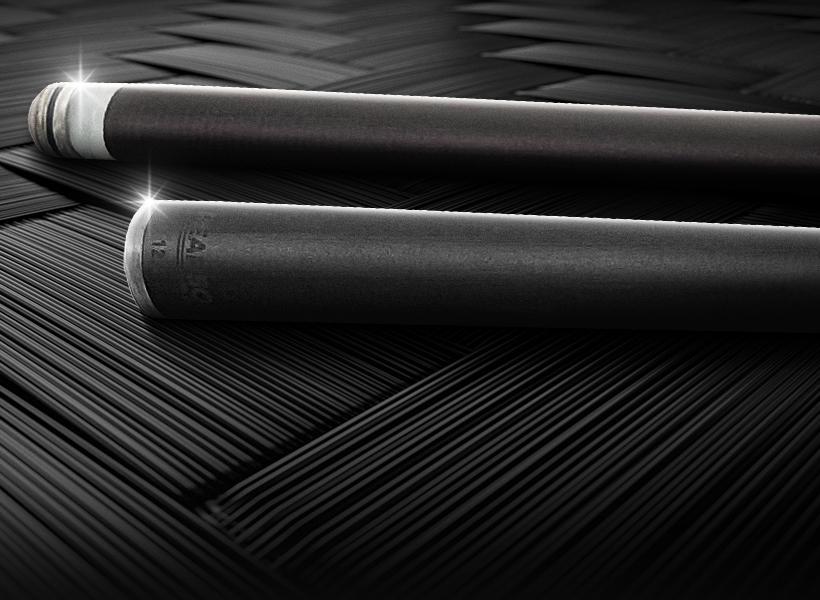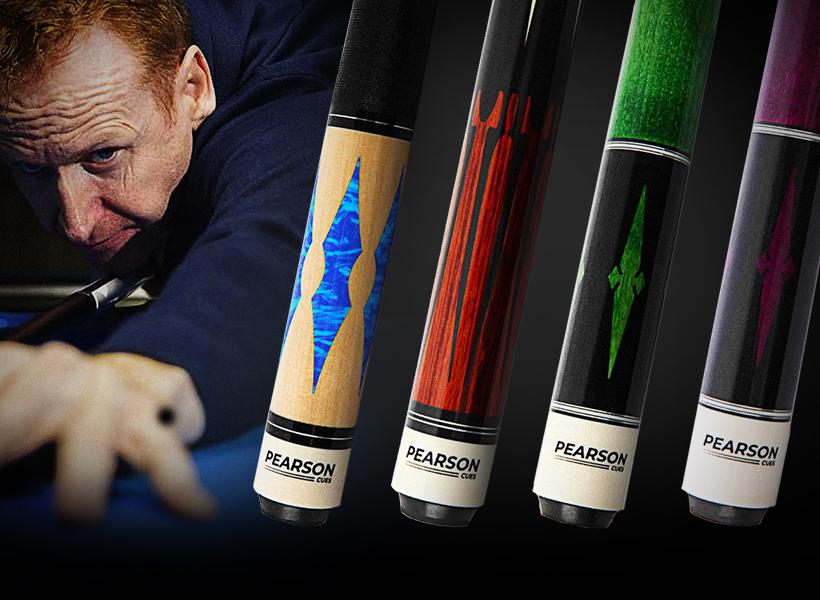What is a Scratch in Pool? How to Avoid Scratches in Pool
Key Takeaways
- What is a Scratch in Pool? A scratch in pool occurs when the cue ball is pocketed or driven off the table and causes a foul.
- 4 types of scratches include 8-ball, gameplay, break, and table scratches.
- Players should focus on mastering stop shots and draw shots to reduce fouls.
What is a Scratch in Pool?
A scratch is a situation when the cue ball has been pocketed or driven off the table after a stroke.
For the most part, these actions are regarded as conventional fouls, and the opponent receives ball-in-hand on the entire table or behind the head string as a result.
The game is forfeited to the opposing player if both the cue ball and the 8-ball are pocketed or driven off the table on a lawful 8-ball stroke.

A scratch can also happen when one or more object balls are pocketed in the same shot as the cue ball is pocketed. According to the regulations of the game, the object balls remain in the pockets and the cue ball is replaced on the table.
In addition, it is also considered a scratch if the cue ball comes into contact with one of the object balls in a pocket. This is owing to the fact that if the pocket hadn’t been full, the cue ball would have been pocketed.
Scratch foul types

8-ball Scratches
8-ball scratches happen when you pocket the cue ball while attempting to pocket the 8-ball, but you don’t actually sink the 8-ball. You lose if you also pocket the eight-ball.
A scratch is also considered a foul in 8-Ball scratch rules, and in most rule versions, it will result in an immediate forfeit. This is true only if both the 8-ball and the cue ball are pocketed in the same shot.
If the 8-ball isn’t pocketed but the cue ball is, your opponent receives a ball in hand instead.
Gameplay Scratches
A gameplay scratch occurs when the cue ball is pocketed or sent off the table during play. These are also known as general scratches, which usually result in your opponent receiving the ball immediately.
In other rule variants, though, your opponent gets to shoot from behind the head string. These pool scratch rules are intended to keep players from scratching during the game on purpose.
Break Scratches
A break scratch occurs when the cue ball goes into a pocket or jumps off the pool table on the break. Although a break scratch isn’t common, it can happen.
If you scratch on the break, your opponent will get the ball in his or her hands almost instantly. Any balls pocketed during the shot, on the other hand, will stay pocketed.
A break scratch will be considered a forfeit in some rule versions. However, this isn’t very prevalent these days, especially in casual games. A breaking cue will aid you in avoiding break scratches.
Table Scratches
A table scratch pool is a typical pool foul in which no ball is pocketed or knocked off the table. In other words, a table scratch is caused by any illegal shot in which the cue ball does not land in a pocket.
The opponent will normally obtain a ball in hand due to a table scratch, which will offer them a huge advantage on their next shot. However, certain rule sets stipulate that the first ball in the hand must be placed below the head string, while the remaining balls may be placed anywhere on the table.
What will happen when you scratch in Pool?
WPA & BCA Rules
In pool games following the World Pool Billiards Association (WPA) and Billiards Congress of America (BCA) rules, scratching isn’t as severe as you might think. These rules, often used in professional matches, are more forgiving when it comes to scratches.
If you scratch during gameplay, including when shooting for the 8-ball, you don’t automatically lose the game. The only way to lose by scratching under these rules is if you scratch and pocket the 8-ball in the same shot. This means you can make mistakes, like scratching, without immediately ending the game.
As long as the 8-ball stays out of a pocket when you scratch, you’re still in the game and have a chance to recover.
So, in conclusion,
- If you scratch, it’s not an automatic loss.
- You only lose if you scratch AND pocket the 8-ball at the same time.
- If you scratch but don’t pocket the 8-ball, you’re still in the game.
APA Rules
The American Pool Association (APA) rules, commonly used in amateur leagues, are stricter about scratches, especially when the 8-ball is involved.
Under these rules, there are several ways to lose the game due to a scratch or foul. If you scratch while trying to hit the 8-ball, even if you don’t pocket it, you lose the game. Similarly, if you scratch and pocket the 8-ball in the same shot, that’s a loss.
The APA rules also consider it a loss if you hit another ball before the 8-ball and then pocket the 8-ball. However, there is some leniency: if you make a mistake like hitting the wrong ball first, but don’t scratch or pocket the 8-ball, you’re still in the game.
Essentially, the APA rules are tougher on scratches, particularly when you’re on the 8-ball, making the endgame more critical and potentially more challenging.
How to avoid scratches in Pool?
There are several ways to avoid scratches in the game of Pool
Use 30 and 90-degree rules
These rules will assist you in determining the likelihood of scratching and how to avoid it.
The 30-degree rule indicates that after striking the object ball, a rolling cue ball shot will deviate by very close to 30 degrees from its initial path over a wide range of cut angles, between a 1/4-ball and 3/4-ball hit.
The 90° rule stipulates that, regardless of the cut angle, the cue ball and object separate at 90° for a stun shot when the cue ball has no top or bottom spin upon impact with the object ball (except for a straight-in shot, in which case the cue ball stops in place). In other words, when a stun shot is fired, the cue ball moves down the tangent line, which is perpendicular to the line of centers.
Practice stop shot skills
In Pool, several distinct shots can be used in different scenarios, such as the massé shot, jump shot, or drag shot. In the case of avoiding scratches, a stop shot can be considered the best way to avoid a scratch in Pool.
A stop shot is one where the cue ball stops in place after making contact with the object ball. This excludes it from being carried in a pocket. When striking a stop shot, the cue ball must have no spin applied to it. Practice is the most efficient approach to improve any talent. It’s simplest if you have a pool table at home, but most of us don’t have the space or the budget for one.
Practice draw shot skills
This is a shot in which the cue ball is given backspin after making contact with the object ball, causing it to roll back toward you. It’s a good strategy to keep the cue ball from going into the pocket after an object ball.
FAQs

1. Does scratching on the break have different rules?
Yes, scratching on the break often has different rules. In most pool games, if you scratch on the break, it’s not an automatic loss. Usually, your opponent gets ball-in-hand, meaning they can place the cue ball anywhere on the table for their first shot.
2. Can a scratch occur without the cue ball being pocketed?
Yes, a scratch can occur without the cue ball being pocketed. A scratch also happens if the cue ball jumps off the table, if you hit the wrong ball first (in some game types), or if you fail to hit any ball. These are all considered fouls or scratches in pool.

Dave Pearson
Dave Pearson, the world's leading pool entertainer, is renowned globally as the ultimate exhibition player.
Boasting 20 world records endorsed by the prestigious Guinness Book of World Records, Dave established a legendary history in the sport industry.



